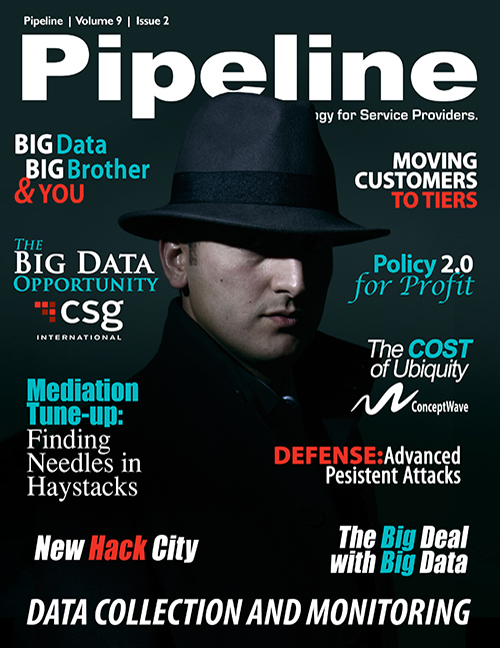Big Data, Big Brother, and You
Basically, the Bulffdale facility is big enough and powerful enough to capture all things digital. To do this, it must have as-yet-unseen technological capabilities in the world of computing. To achieve its goals, the Utah data center will have to capture data on the order of yottabytes. A yottabyte is equal to one quadrillion gigabytes; at the beginning of 2012, storage networks could only handle one-thousandth of a yottabyte. Gobbling up yottabytes takes a lot of energy—65 megawatts to be exact. This will push the annual electricity bill for the data center upwards of $40 million.
While the NSA claims it is not targeting average citizens, the technical ability to do so is clearly in place. Unlike traditional law enforcement, which has a level of transparency in terms of operation, the NSA operates outside the boundaries of most inquiry; this makes it impossible to know exactly what data is being collected and stored. According to undisputed evidence in Jewel v. NSA, however, AT&T telecommunications technician Mark Klein revealed that AT&T routed copies of internet traffic to a secret room in San Francisco controlled by the NSA. What is most likely is that all digital data will be stored for future reference. In other words, in the event of an investigation, the government will have retroactive access to all data on a person of interest, even if they are a U.S. citizen.
The Dilemma for CSPs
CSPs are in an unenviable position, forced to balance their customers' privacy concerns and trusted customer relationships against federal data collection mandates and "strong suggestions" from the NSA. If a CSP is working with the NSA, that fact will be classified, meaning by law, the company cannot comment on its involvement with the NSA. Currently, CSPs retain all types of personal data on subscribers that may or may not be shared. How much is shared with the government is anyone's guess; these are questions that service providers, naturally, are unwilling to discuss. Still, CSPs advocate for their customers' privacy in several ways; the Electronic Frontier Foundation pored over available data to create an overview of the companies' efforts in 2012 called, "Who Has Your Back." In the chart below, you can see how some select service providers fare in terms of advocacy and transparency.|
|
Informs Users of Data Demands? |
Transparency re: Government requests? |
Fights for user privacy in courts? |
Fights for user privacy in Congress? |
|
AT&T |
No |
No |
No |
Yes |
|
Verizon |
No |
No |
No |
No |
|
Comcast |
No |
No |
Yes |
No |
|
|
Partial |
Partial |
Yes |
Yes |
|
Apple |
No |
No |
No |
Yes |
|
Microsoft |
No |
No |
No |
Yes |
|
Skype |
No |
No |
No |
No |
|
|
No |
Partial |
No |
No |
|
Dropbox |
Yes |
Yes |
No |
Yes |
|
|
Yes |
Partial |
Yes |
Yes |



















